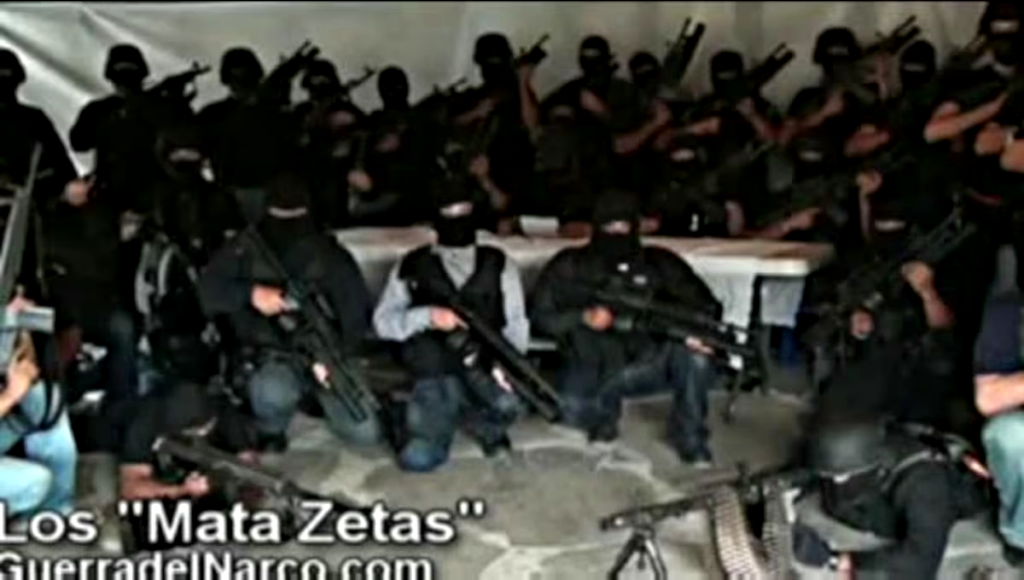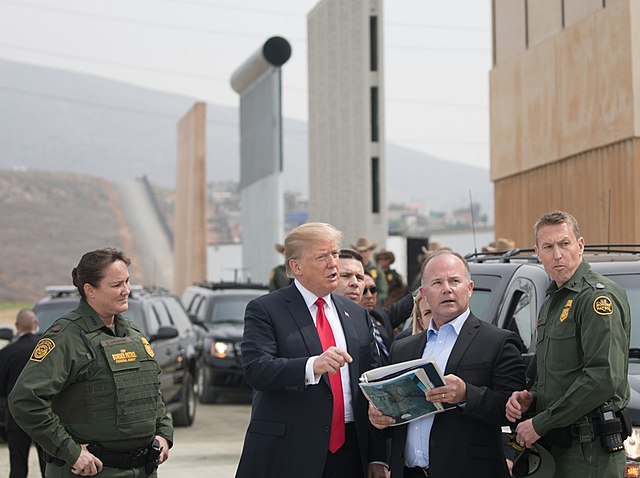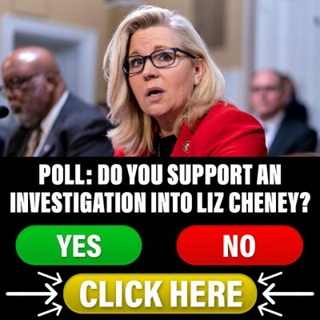JUST IN: Trump Designates Drug Cartels As Terrorist Organizations, Declares National Emergency
A little over an hour after he was sworn in for his second term, President Donald Trump immediately fulfilled a number of his most crucial campaign promises with a flood of executives orders, several of which pertained to the illegal immigration crisis.
Trump began to work through a large stack of executive orders immediately after returning to the Oval Office from the Capitol One Center, where he signed the first batch of executive orders. As detailed in his inaugural address, Trump immediately moved to designate a number of foreign drug cartels as terrorist organizations. The designations will provide federal prosecutors extraterritorial under U.S. law to target cartel members.
It will also allow the prosecution of anyone providing “material support” to drug cartels and their affiliates, including mules, lookouts, money launderers, public officials, law enforcement officers, and even drug clients. Those prosecuted would face “severe penalties,” mandatory minimum prison terms between 10 and 80 years, finest up to $125,000 and “significant” asset forfeiture.
In addition, the FTO designation will allow for the expansion of inadmissibility for border crossers under U.S. immigration law. Migrants who pay cartels to smuggle them into the United States will classify as having provided “material support,” which could subject them to automatic deportation.
The America First Policy Institute further notes that designating cartels as terrorist organizations would put political pressure on the Mexican government to take action against criminal syndicates. “The Mexican government, with its deep and ongoing ties to the cartels [vii], explicitly opposes an FTO designation. The consequences of an FTO designation could expose these connections, and it therefore constitutes a meaningful point of leverage versus the Mexican state to confront its own role in tolerating and even promoting organized crime,” the institute wrote in an outline of the order.

Members of the notoriously brutal Los Zetas cartel take part in a 2011 propaganda video
When asked whether he is open to the idea of deploying U.S. special forces units against cartels, the president left it on the table. “Could happen. Stranger things have happened,” Trump said while signing the order.
In addition to designating drug cartels as foreign terrorist organizations, Trump has moved to declare a national emergency over the crisis along the U.S. borders with Mexico and Canada. The declaration will allow the Trump Administration to divert funds from other federal programs in order to combat the emergency. It will also allow construction to resume on portions of the border wall, a project that was halted by former President Biden.
Under the National Emergencies Act, presidents can declare a national emergency in order to have additional powers to deal with a crisis. The power is intended to provide the executive branch with additional resources in order to deal with an urgent crisis that cannot wait for congressional approval. In total, Trump will now have 100 statutory authorities he wouldn’t normally have in order to secure the nation’s borders.
Congress has the ability to lift a national emergency declaration, though they would need to secure a veto-proof majority. Presidents are also allowed to renew national emergencies for as long as they want, barring successful congressional action.
The national emergency declaration will further allow the new administration to deploy military and national guard assets to the border. It is unclear how many troops will be deployed in the initial stages, though the freshly-inaugurated president has long stated that military personnel should be used to protect the border rather than fight in overseas wars of no interest to the United States.

Trump inspects border wall prototypes in San Diego during his first term in the White House
Trump also reinstated a number of immigration policies from his first term, including Remain in Mexico, which will require asylum seekers to wait outside the United States while their claims are processed. Title 42 will be reinstated as well, which will give border officials added abilities to bar would-be border crossers from entry on the basis of stopping the spread of infectious diseases.


